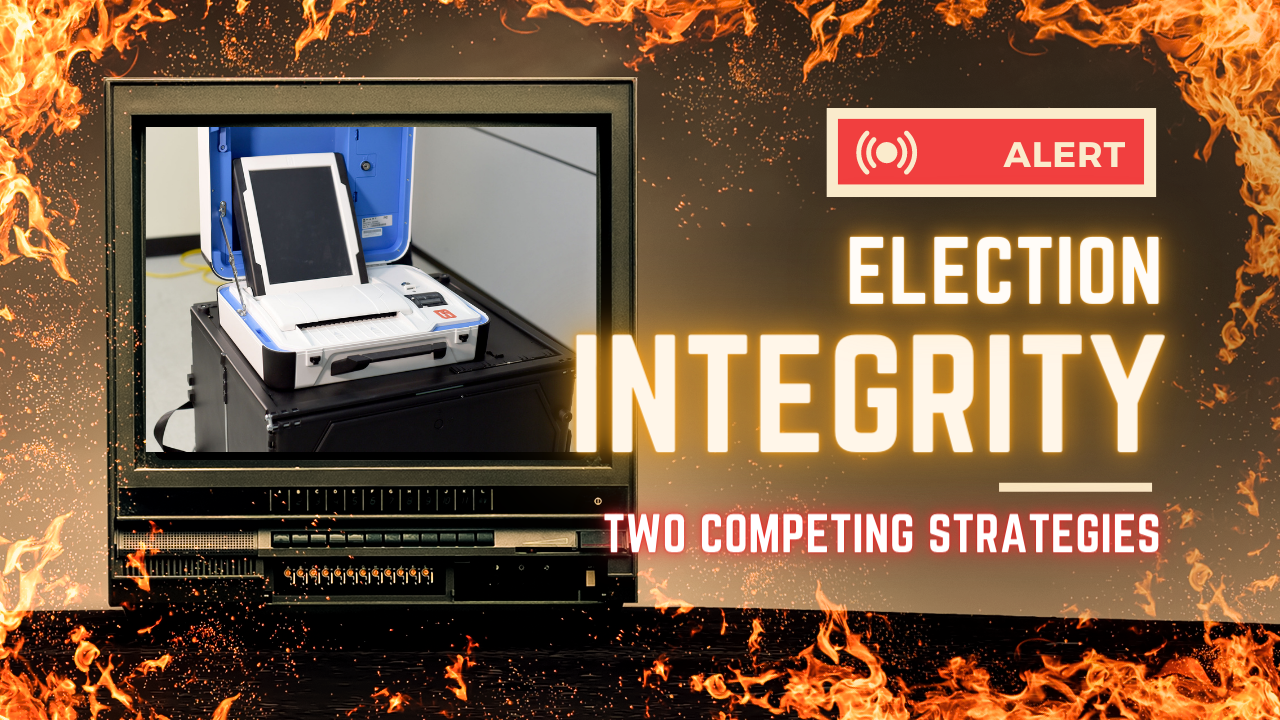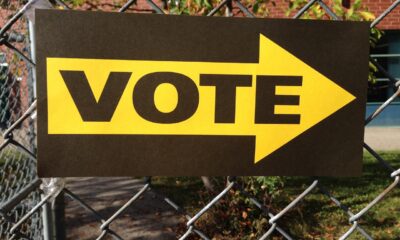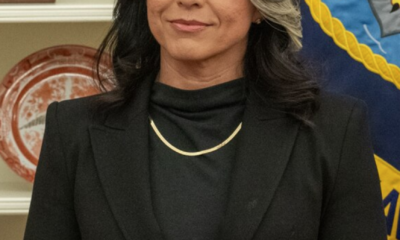Constitution
Election integrity – two competing strategies
Election integrity watchers have two competing strategies to choose from. The one relying on individuals with smartphones seems better.

The concern about election integrity has given rise to two competing strategies to detect and report issues at polling places.
Election integrity – the Mike Lindell method
Mike Lindell, of My Pillow fame, has concentrated on election integrity at least since the Election of 2020. His major concern is about how the election played out in Georgia. Beyond that, he alleges that electronic voting machines, contrary to representations by their salespeople, are connected, or connectable, to the Internet. On that basis he challenges elections everywhere – though he especially challenges electronic voting machines furnished by Dominion Voting Services.
On August 16 and 17, 2023, he held an Election Crime Bureau Summit in Springfield, Missouri. At that event, he revealed his latest contribution to detecting election fraud or crime. He has acquired a new type of Wireless Monitoring Device that he proposes to strap to hobbyists’ radio-controlled drones. These will fly close enough to polling places to read signals from wireless devices within the polling place. (Maximum range: 100 yards.)
This video on FrankSpeech.com gives further details.
Lindell told Newsweek he has 5,000 such devices ready to deploy, and a central “command center” tol receive all reports. (He did not reveal that command center’s location.)
He also made a key admission of weakness on the Republican side: Republican election officials push back more than Democrats on the idea of monitoring, or replacing, electronic voting machines. (And he might be correct. The governor and Secretary of State of Georgia, midway though Donald Trump’s challenge to election returns in that State, abruptly changed their tune. Today both officials assert their elections are secure.)
The VotifyNow method
Mike Lindell’s method seems to rely on robotic devices under centralized control. But entrepreneur Johnny Vieira has invented an election integrity app that any voter can use to report an issue. He shared his story with Just the News, and generally set a totally nonpartisan tone.
The app, VotifyNow, contains automatic reporting tools that let a user take photos and/or video and report their issue to the central server. Users register (with passwords) and designate their State and their voting unit. (Usually this is a county pr parish, but in Virginia, at least, it can also be an independent city.) If enough users report issues, that polling place gets a red flag. Reports, in PDF formats, can go directly to unit election clerks within fifteen minutes. Vieira will also share them with journalists and candidates upon request.
VotifyNow has been in operation since 2019. Vieira started it presumably after Hillary Clinton alleged election fraud in 2016 and Stacey Abrams alleged it in 2018.
After Midterms 2022, Vieira said he received 8,000 reports of election issues – thirty percent of them from Arizona.
Kari Lake, still contesting the governor’s race in Arizona, specifically cited VotifyNow as a source of evidence.
The “AZCentral” account belongs to The Arizona Republic, which has consistently denied that Kari Lake had evidence of anything untoward.
Analysis
Thus far VotifyNow has been around long enough to demonstrate that election integrity is a problem, at least in some jurisdictions. Mike Lindell’s “wireless monitoring devices” will take longer to prove themselves.
As an Officer of Election, your correspondent can attest that, at least in his precinct, no one – not even the Chief – ever takes any measure to verify any kind of connection between the scanner-tabulator and the Internet. (Electronic poll books are different; these are preloaded Bluetooth servers that allow OOEs to check a voter in.) The EPB server and the scanner-tabulator produce separate printed results; these the Chief must telephone in. Nor does anyone appear to select a precinct with a view to WiFi or cellular connectivity. Convenience – of location and layout – for the voter are paramount. This is not to say all unit election clerks run their elections with such efficiency and attention to election integrity.
Ars Technica, which appears to be hostile to conservatives, quoted Lindell as saying his new devices “detect nearby Wi-Fi networks and MAC addresses.” A Wi-Fi interface needs a router in the building to connect to the Internet. (That explains Lindell’s description of a typical alarm: “router online.”) But most cellphone users do not have nearby Wi-Fi routers. So they connect through the cellular network, which is a different protocol. IP and MAC addresses might be readable, but not a local router.
All things considered, the VotifyNow app remains the better option.
Terry A. Hurlbut has been a student of politics, philosophy, and science for more than 35 years. He is a graduate of Yale College and has served as a physician-level laboratory administrator in a 250-bed community hospital. He also is a serious student of the Bible, is conversant in its two primary original languages, and has followed the creation-science movement closely since 1993.
-

 Accountability3 days ago
Accountability3 days agoWaste of the Day: Principal Bought Lobster with School Funds
-

 Civilization13 hours ago
Civilization13 hours agoWhy Europe Shouldn’t Be Upset at Trump’s Venezuelan Actions
-

 Executive2 days ago
Executive2 days agoHow Relaxed COVID-Era Rules Fueled Minnesota’s Biggest Scam
-

 Constitution3 days ago
Constitution3 days agoTrump, Canada, and the Constitutional Problem Beneath the Bridge
-

 Christianity Today12 hours ago
Christianity Today12 hours agoSurprising Revival: Gen Z Men & Highly Educated Lead Return to Religion
-

 Civilization2 days ago
Civilization2 days agoThe End of Purple States and Competitive Districts
-

 Executive1 day ago
Executive1 day agoWaste of the Day: Can You Hear Me Now?
-

 Executive5 days ago
Executive5 days agoTwo New Books Bash Covid Failures










